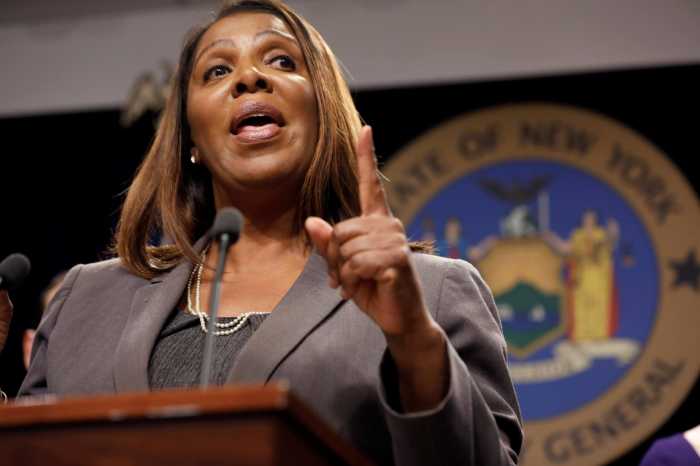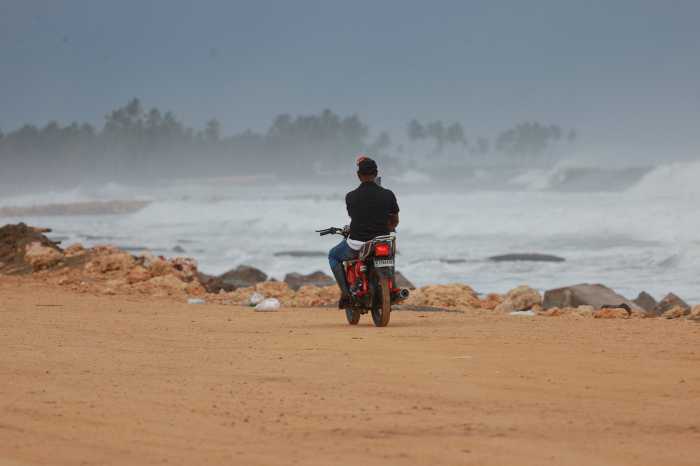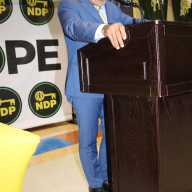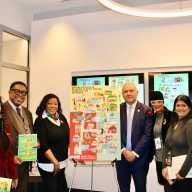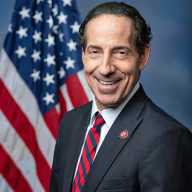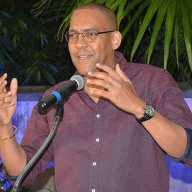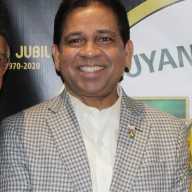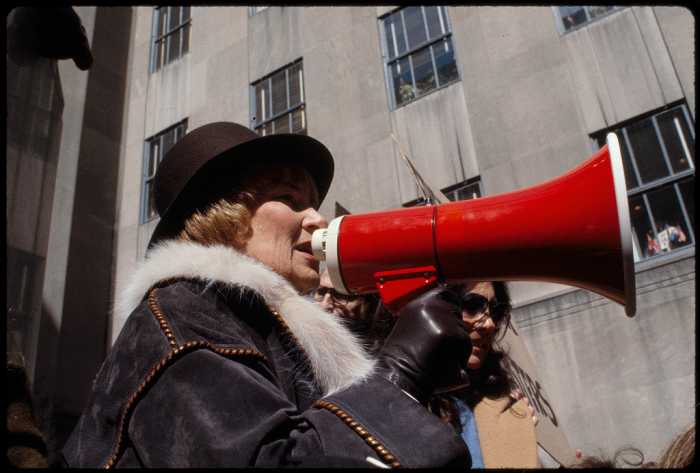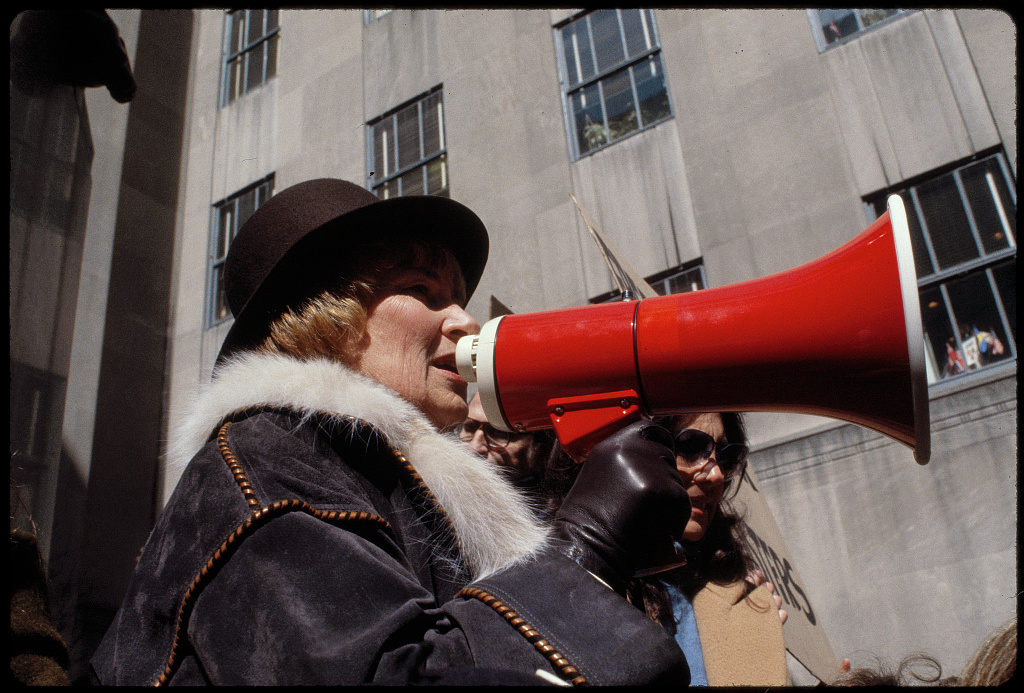A call for a new agreement to cut climate-altering greenhouse gas emissions was seen as a pivotal point in the negotiating process at a UN Climate Change Conference in Warsaw, Poland on Nov. 11, made all the more urgent by the devastation in the Philippines from Typhoon Haiyan.
“We must win the Warsaw opportunity,” Christiana Figueres, executive secretary of the U.N. Framework Convention on Climate Change (UNFCCC), told participants at the 19th session.
She noted that “the world is ready”, adding that there is a groundswell of climate action, not only for the environment but also for security, energy, economic and governance reasons.
“A new universal climate agreement is within our reach,” said Figueres, noting that agencies, development banks, investors and sub-national governments are on boardn and that “parties can lead the momentum for change and move together towards success in 2015.”
The UNFCCC is an international treaty which considers what can be done to reduce global warming and to cope with whatever temperature increases are inevitable.
The two-week conference, held at the National Stadium in the Polish capital of Warsaw, brings together the 195 Parties to the UNFCCC, the parent treaty of the 1997 Kyoto Protocol.
Over the course of the next two weeks, delegates will attempt to hammer out a universal U.N.-backed treaty on climate change by 2015 which would enter force by 2020, the U.N. said.
In her speech, Figueres highlighted the key areas in which the Conference of the Parties (COP-19) can make progress.
“We must clarify finance that enables the entire world to move towards low-carbon development,” she said. “We must launch the construction of a mechanism that helps vulnerable populations to respond to the unanticipated effects of climate change.”
Also addressing Monday’s open was the newly elected president of COP-19, Polish Environment Minister Marcin Korolec, who noted that climate is a global issue, global problem and global opportunity at the same time.
“It becomes opportunity where we can act together,” he said. “One country or even a group cannot make a difference. But acting together, united as we are here, we can do it.”
The conference takes place against a backdrop of devastation caused by Typhoon Haiyan where the U.N. World Food Program (WFP) fears that 10,000 people have perished.
The Philippines’ lead negotiator, Yeb Sano, called the climate crisis “madness” and urged the international community to act.
“We can stop this madness. Right here in Warsaw,” Sano said. “Typhoons such as Haiyan and its impacts represent a sobering reminder to the international community that we cannot afford to procrastinate on climate action.”
He also decried the concept of a “natural disaster”, stating that “it is not natural when people continue to struggle to eradicate poverty and pursue development and get battered by the onslaught of a monster storm.”
Figueres, Korolec and other participants have extended their thoughts and prayers to the people in South-East Asia affected by the typhoon, particularly those in the Philippines and Viet Nam.
The UNFCCC executive secretary also highlighted that “we are the first human beings to ever breathe air with 400 parts per million CO2,” a reminder that the air has reached the highest level of carbon dioxide in at least three million years.



